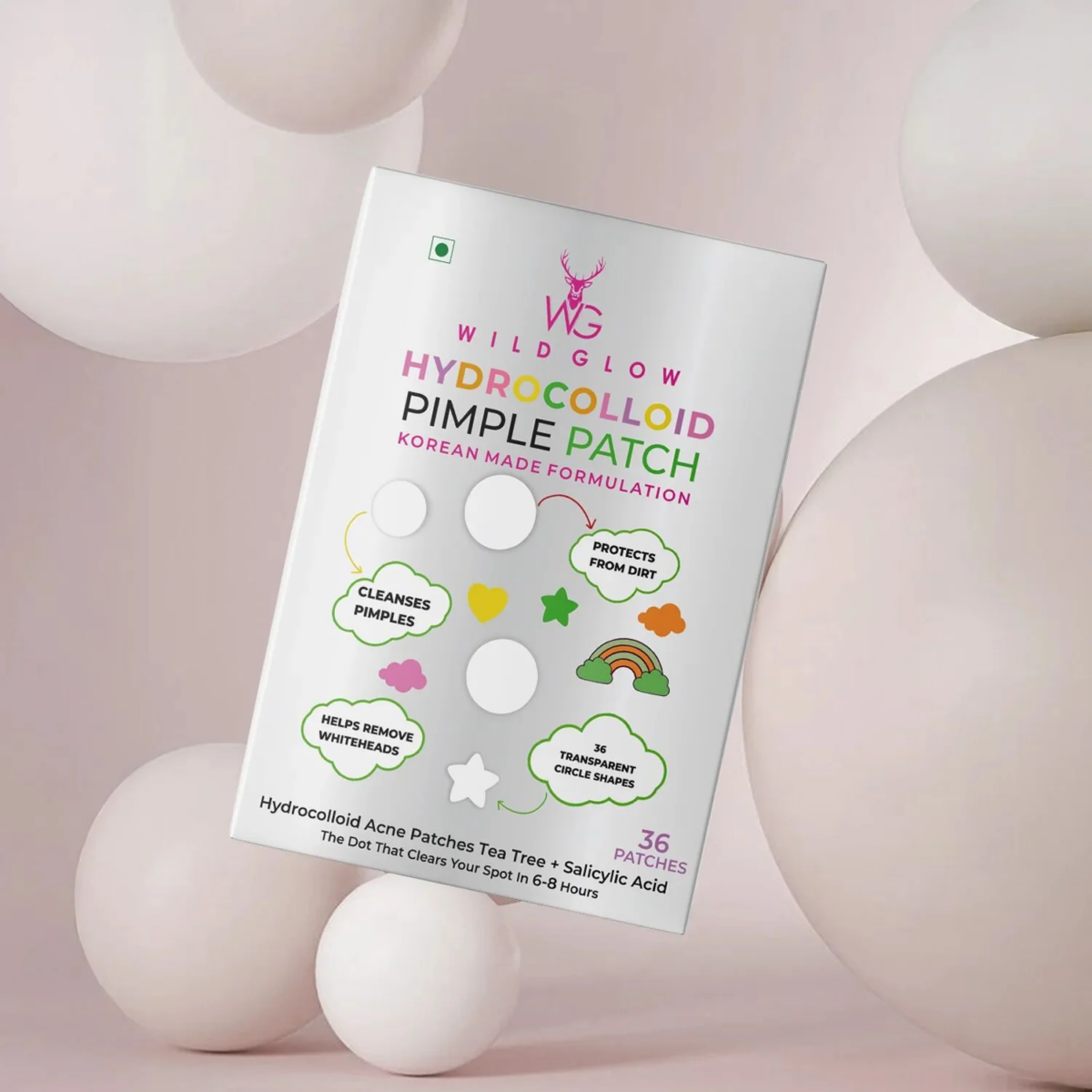5 Types of Home Air Purifiers and Which One You Should Buy
Air purifiers are essential devices that help improve indoor air quality, especially if you live in an area with high pollution or suffer from allergies, asthma, or other respiratory conditions. With so many options available in the market, finding the right one for your needs can be challenging. In this article, we will explore 5 types of home air purifiers and help you determine which one is the top rated home air purifier for your specific situation.
What They Are:
HEPA (High-Efficiency Particulate Air) air purifiers are among the top-ranked air purifiers and widely used types of purifiers. They feature a high-performance filter designed to capture 99.97% of airborne particles as small as 0.3 microns. This includes common allergens like dust, pollen, pet dander, and other fine particles that are often found in the air. HEPA filters work by forcing air through a fine mesh that traps these particles, helping to keep your indoor air clean and fresh.
Who Should Buy Them:
If you suffer from allergies, asthma, or are sensitive to dust, pet dander, or pollen, HEPA air purifiers are an excellent option. They’re highly effective in homes with pets, in environments where pollen or dust levels are high, or for individuals who want to improve air quality to prevent allergy flare-ups.
- Ideal for: People with allergies, asthma, and respiratory sensitivities.
- Best use: Homes with pets or in areas with high levels of airborne allergens.
- Activated Carbon Air Purifiers
What They Are:
Activated carbon air purifiers use a charcoal-based filter that effectively absorbs gases, odors, and chemicals from the air. Unlike HEPA filters, which focus on particles, activated carbon filters specialize in removing volatile organic compounds (VOCs), cooking smells, smoke, and other unpleasant odors. Activated carbon works by adsorbing these molecules into its porous surface, preventing them from circulating in your indoor air.
Who Should Buy Them:
If you’re looking to eliminate unpleasant smells, VOCs, or smoke in your home, an activated carbon air purifier is a great choice. These purifiers are especially beneficial for people who live in urban areas with high air pollution, those dealing with cooking odors, or households affected by tobacco or wildfire smoke.
- Ideal for: People sensitive to odors, smoke, or VOCs.
- Best use: Homes with smoke, cooking odors, or chemical exposure, or in areas with poor outdoor air quality.
- UV-C Light Air Purifiers
What They Are:
UV-C light air purifiers use ultraviolet light to kill or inactivate harmful microorganisms like bacteria, viruses, mold spores, and fungi that may be present in the air. UV-C technology works by breaking down the DNA of microorganisms, rendering them incapable of reproducing or causing illness.
Who Should Buy Them:
If you’re looking for an air purifier that not only removes allergens but also kills harmful microorganisms (like bacteria and viruses), a UV-C air purifier is a great choice. These are ideal for households with young children, the elderly, or anyone with weakened immune systems who need extra protection from airborne pathogens. UV-C air purifiers can also help sanitize shared spaces like offices, kitchens, or hospitals.
- Ideal for: Families with children or elderly members, those with weakened immune systems, or people concerned about bacteria and viruses.
- Best use: Spaces where hygiene and the prevention of disease are a priority.
- Ozone Air Purifiers
What They Are:
Ozone air purifiers generate ozone (O3), a molecule made up of three oxygen atoms, to eliminate pollutants in the air. These purifiers work by breaking down molecules at a molecular level, helping to remove odors, smoke, and harmful gases. Ozone purifiers can be effective in spaces where odors need to be eliminated quickly, but they are controversial due to the potential risks associated with ozone exposure.
Who Should Buy Them:
Ozone air purifiers are only recommended for situations where odor removal is a priority and should not be used in occupied rooms or spaces. They may be suitable for large, unoccupied areas like attics, garages, or storage rooms where odors need to be eliminated.
- Ideal for: Eliminating strong odors in unoccupied spaces, such as attics or garages.
- Best use: Areas where odor removal is more important than ongoing air purification.
- Ionizers (Negative Ion Air Purifiers)
What They Are:
Ionizers release negatively charged ions into the air, which attach to positively charged particles like dust, pollen, and smoke. This causes the particles to either fall to the ground or stick to nearby surfaces. While ionizers help to reduce the concentration of airborne particles, they don’t completely remove them from the environment, as they just cause them to settle.
Who Should Buy Them:
If you’re looking to reduce airborne particles and don’t mind cleaning the surfaces in your home more often, an ionizer air purifier might be worth considering. They can be a good option for people who want to improve air quality without worrying about replacing filters regularly. However, if you’re looking for thorough filtration and complete particle removal, ionizers alone may not provide the level of purification you need.
- Ideal for: Those who don’t mind additional cleaning and want a filter-free air purifier option.
- Best use: Reducing visible dust, smoke, and pollen in the air, but for more comprehensive air purification, additional filtration is recommended.
Which One Should You Buy?
What are the top-ranked air purifiers that you should buy?
HEPA (High-Efficiency Particulate Air) air purifiers are the best choice for anyone looking to improve indoor air quality by removing allergens like dust, pollen, pet dander, and mold spores. These filters capture 99.97% of particles as small as 0.3 microns, making them ideal for those with allergies or asthma.
The AirDoctor 3000 is a top-rated HEPA air purifier. It features a 4-stage filtration system, including the UltraHEPA filter, which captures particles as small as 0.003 microns (100 times smaller than standard HEPA filters). It’s perfect for spaces up to 630 sq. ft. and operates quietly, making it ideal for bedrooms or larger areas.
Why Choose a HEPA Air Purifier?
- Ideal for Allergy and Asthma Relief
- Removes Dust, Pollen, and Pet Dander
- Low Maintenance with Long-lasting Filters
If you want cleaner air, especially for allergies, a HEPA air purifier like the AirDoctor 3000 is a great investment for healthier indoor air.
Conclusion
When shopping for a purifier, make sure to read product reviews and check the top-ranked air purifiers for the latest models that suit your needs. For the best results, you may want to choose a purifier that combines multiple filtration technologies, like HEPA, carbon, and UV.
Ultimately, choose only top-rated home air purifiers that meet your specific air quality needs while also being efficient, quiet, and easy to maintain.








